Epilepsy
Epilepsy is a neurological disorder caused by abnormal electrical activity in the brain, leading to recurring seizures. Though it’s a chronic condition, many individuals can effectively manage their seizures with the right treatment, such as medication. In fact, up to 70% of people with epilepsy can achieve significant control over their condition, allowing them to lead normal lives.
On a global scale, the World Health Organization noted that epilepsy affects about 50 million people worldwide, making it one of the most common neurological disorders. Each year, roughly 5 million new cases are diagnosed. The rate of new diagnoses is higher in low- and middle-income countries, where healthcare access is more limited. In these regions, up to 139 people per 100,000 are diagnosed annually, compared to 49 per 100,000 in wealthier countries. Despite its prevalence, many people, especially in poorer areas, do not receive the necessary treatment, highlighting a significant global health challenge in managing epilepsy effectively.
Recognizing Epilepsy
Symptoms
Epilepsy symptoms can vary widely, depending on the type of seizure a person experiences. Common symptoms include:
✅Uncontrolled muscle movements, such as jerking or twitching
✅Staring spells, where the person seems to be looking into space
✅Confusion or difficulty understanding and speaking
✅Increased heart rate or faster breathing
✅Upset stomach, sudden waves of heat or cold, or goosebumps
✅Repetitive movements like lip-smacking, hand-rubbing, or chewing
✅Psychological symptoms, such as feelings of fear, anxiety, or déjà vu
✅Sensory changes, including unusual tastes, smells, or numbness
Many individuals with epilepsy tend to experience the same type of seizure repeatedly, leading to a pattern of consistent symptoms with each episode. This predictability can help in managing and preparing for seizures, although the intensity and duration can still vary from one occurrence to the next.
Empowerment Through Epilepsy
Management
Living with epilepsy doesn’t have to limit your life.
With the right treatment plan and lifestyle adjustments, you can manage your condition effectively and lead a full, active life. Advances in medical care and a better understanding of epilepsy have empowered you to take control of your health, reducing the impact of seizures and improving your overall quality of life.
By staying informed and working closely with your healthcare providers, you can find the best strategies to thrive despite the challenges.
You might be asking these
Questions
❔“Why do the medications I use never seem to fully work?”
❔“Am I missing something in my approach to healing my skin?”
❔“Why doesn’t any diet I try seem to make a difference?”
❔“When and how should I moisturize?”
❔“How do I stop itching so much?”
And many more.
If it’s YES??? Then check out the testimonials below…
Personal Journeys of Epilepsy
Conquerors
The stories shared here are from those who have lived with epilepsy but, with the help of dedicated care and treatment, have made remarkable strides in their recovery. These testimonials reflect courage and the positive outcomes that are possible with the right support. May their stories motivate and reassure you on your own path.
Epilepsy can be difficult to manage, but with the right support, you can find your way to a healthier and more fulfilling life. Professionals and experienced individuals are ready to assist you, offering personalized guidance to help you cope with the emotional and practical aspects of your condition. Their support can be a valuable resource as you work toward managing your epilepsy more effectively.
It’s important to remember, however, that coaching is not a substitute for professional medical treatment. Coaches are there to guide and support you, but they do not offer medical diagnoses or treatments unless they are fully qualified to do so.
For your health and safety, always seek medical advice and treatment from your healthcare provider while using coaching as a complementary solution to enhance your overall wellness strategy.
Why Do You Need An Epilepsy Coach?
✅ Insightful Guidance: A coach with personal experience of epilepsy can offer insights that go beyond what is typically found in medical advice, helping you to understand and manage the emotional and psychological aspects of living with the condition.
✅ Building Confidence: Through coaching, you can develop greater confidence in your ability to manage epilepsy. Coaches help you recognize your strengths, set achievable goals, and create a plan to live a more fulfilling life despite the challenges.
Are you prepared to take the next step in managing your epilepsy?
A coach who has walked this path before can offer the support and guidance you need to navigate your journey with confidence. Don’t wait—reach out now to start building a stronger, more empowered you. Your journey to a better life begins with a single step.


